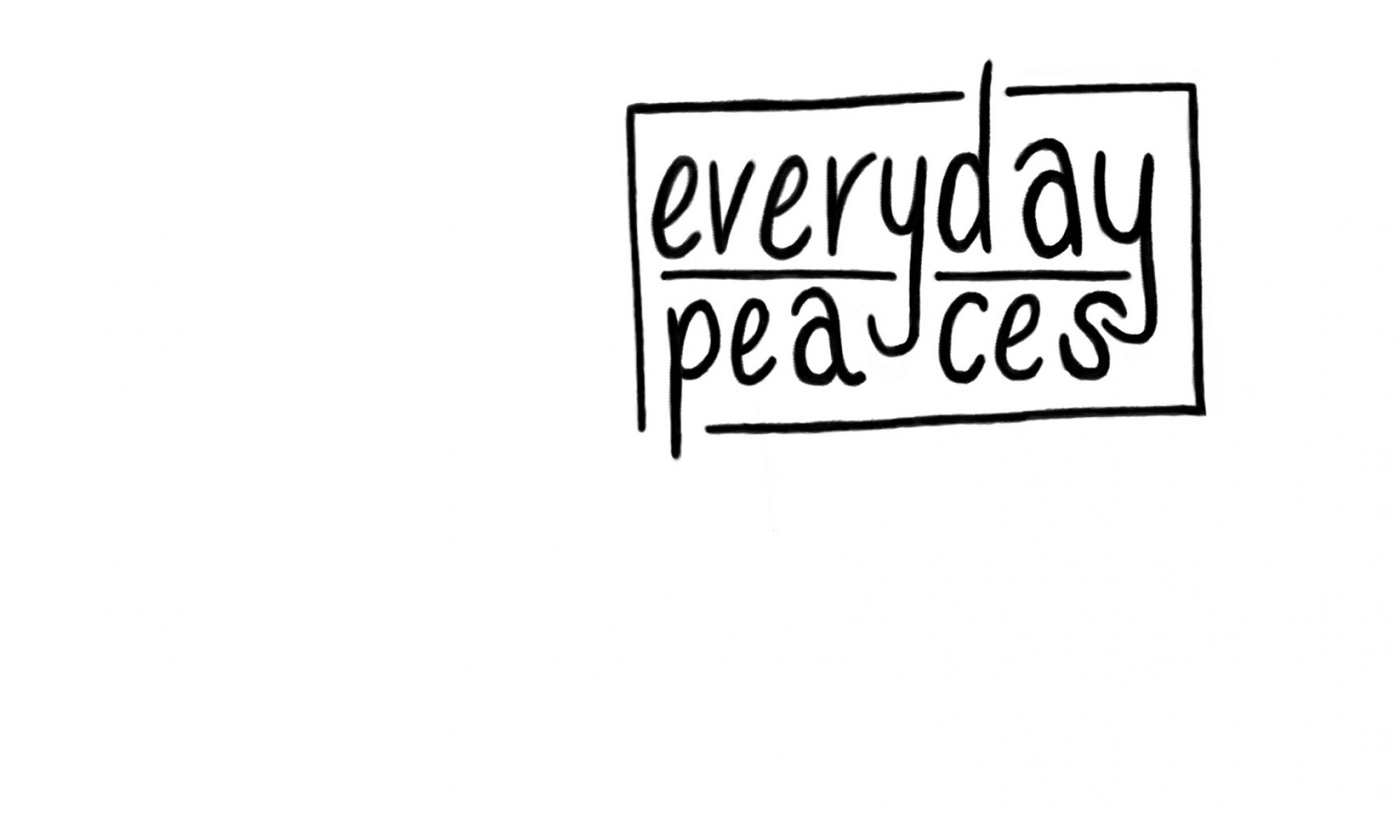Sports, peace and conflict… different opinions about the nature of sport exist in this regard. Some say, that sport stirs up competition and it is a way to live out a conflict. Others highlight, how it can be used to teach respect and fairness and get people into contact with each other. There are numerous examples for both realities. As Story of Humanity, I want to show what kids who participated in the Open Fun Football Schools have told, to give an example of what is possible to do with the uniting power of sports, as examples of what good impact we can have.
The stories I show here are from the Football Schools that were organised in Bosnia and Herzegovina, and which were visited by a school class from Denmark. Bosnia and Herzegovina as a country can be described as a post-conflict society, and is in many aspects shaped by the tricky political situation between different groups, by some segregation between groups and silences about the conflict. Therefore, a lot of peace projects like the like the Football Schools are done there— projects by different actors, with varying methods and success. Knowing that there is still a long way to what scientists call a full grown “positive peace” for the people in the regions where the Football Schools take place, it is heartwarming and hopeful to hear these “change stories”:
“My parents were not happy about the thought of me playing football with children of other minorities. At first, they would not let me play. After the war, my parents have been very much aware of what minority we belong to, but after I attended the football school, they have had a change of hearts. Now most parents are trying to have fun together, in spite of ethnicity, and that makes me very happy”.
“We learned that you cannot win a football match by yourself. You have to cooperate, and Croatians, Bosniaks and Serbs were coerced to be a team”.
“The football schools have been a wake-up call. We realized that the Serbs are also human beings and not the monsters they have been made out to be. We have learned about their traditions, which turned out to be not that different from our own”.
“Football is a bridge between Serbs and Bosniaks. If it had not been for football, I would never have contacted the Serbs. Through football, we have gained a better understanding of each other”.
Several quotes point out that through the project, people did not judge about the background every child was coming from, but that all that mattered was playing together in the teams. And that in those teams, they were actually all the same and not people from different places. Such meeting places are beautiful, because there kids can make their own experiences with others.
(The change stories were taken from the interviews that the Danish students did with their Bosnian students (Bosniaks, Serbs and Croats) about the Football Schools. Read more about the project and the stories on the website of the responsible organisation Cross Cultures here).
